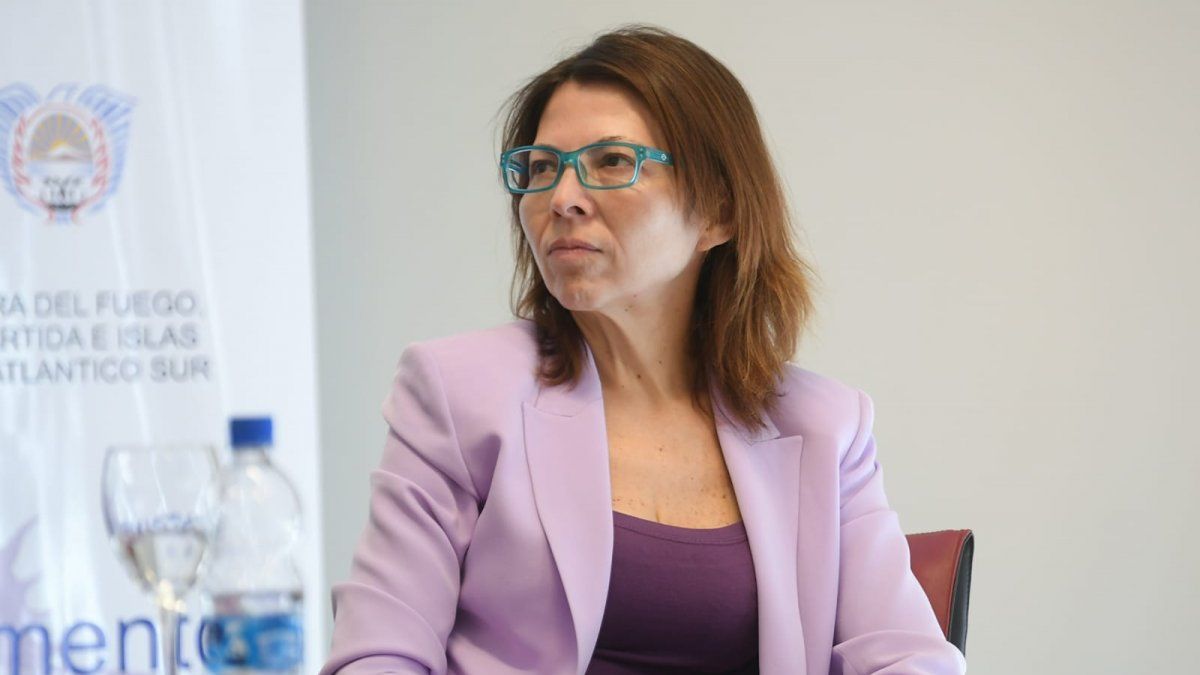José Ber Gelbard was Minister of Economy during the third presidency of Juan Domingo Peronin the 70.
The son of a Jewish family, Ber Gelbard was born on April 14, 1917 in Radomsko (Poland) and arrived in Argentina in 1930, while he died in Washington in October 1977.
Before joining the Peronist government, he was a member of the Argentine Communist Party, in which he was a member for many years: he even participated in managing the finances of that political organization.
On May 25, 1973, he became Minister of Economy of the ephemeral president Héctor Cámpora and continued in that position until the following year, during Perón’s last presidency.
His time in public office faced a challenge that is still very much in force these days: controlling inflation. To that end, he launched a program called “Plan Zero” that maintained 300 products of the basic basket at stable prices.
He also sought to consolidate the social alliance that Peronism had forged in the 1940s and promoted a plan that contemplated the joint approval of 20 bills for “National Reconstruction and Liberation.”
The former minister wanted to have laws that would give strength to industrial promotion, mining promotion and agrarian promotion, but that would also allow the nationalization of bank deposits.
The “Gelbard Plan” basically had three pillars: redistribution of income, expansion of employment, and increased participation of the public sector in the economy.
The objective was to give impetus to the growth of the economy based on the internal market – with the development of the agricultural and industrial sectors and the improvement of salaries– plus sustained growth in exports.
The former minister sought a distribution of income in favor of workers for 1980 of 58%, against the 36% wage share in national income that existed in 1973.
In addition, in 1974 inflation had fallen to 30.2% per year, well below the 79.6% it reached in 1972, while unemployment went from 6.1% to 2.5%.
After Perón’s death in July 1974, the social pact that he intended Ber Gelbard began to crumble: the then minister resigned two months later and in June 1975 the “Rodrigazo” would occur, which involved a sharp devaluation and a sharp increase in public service and fuel rates.
Ber Gelbard also founded the General Economic Confederation (CGE) that brought together small and medium-sized merchants, industrialists, and agricultural producers.
Source: Ambito
David William is a talented author who has made a name for himself in the world of writing. He is a professional author who writes on a wide range of topics, from general interest to opinion news. David is currently working as a writer at 24 hours worlds where he brings his unique perspective and in-depth research to his articles, making them both informative and engaging.




